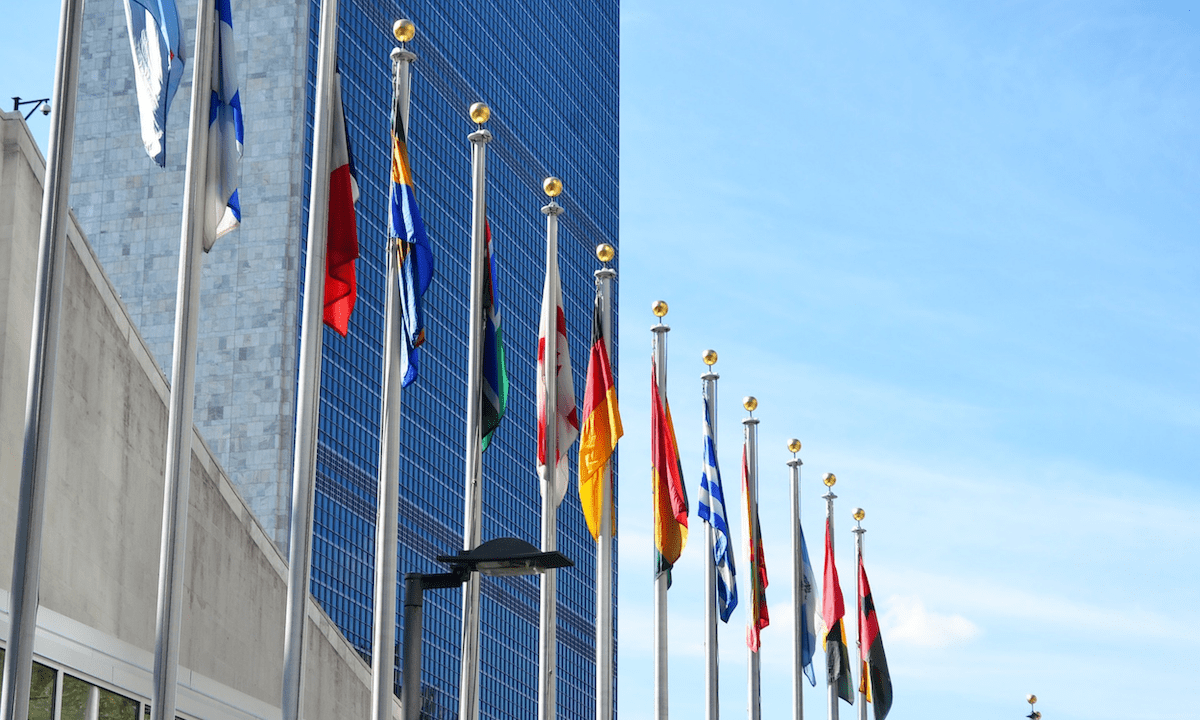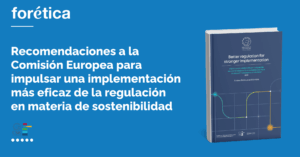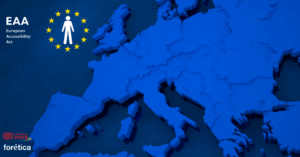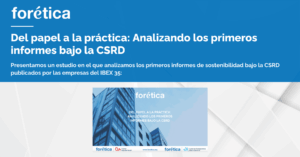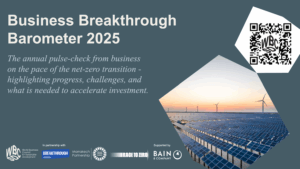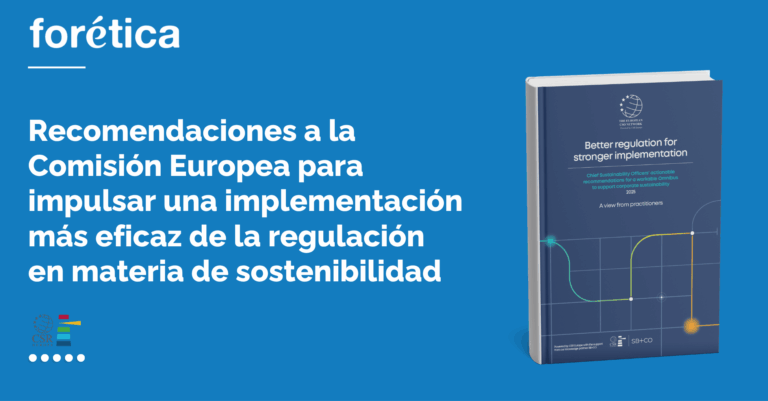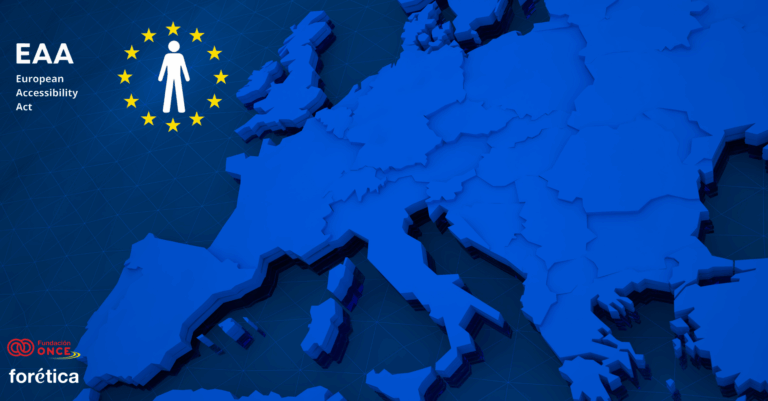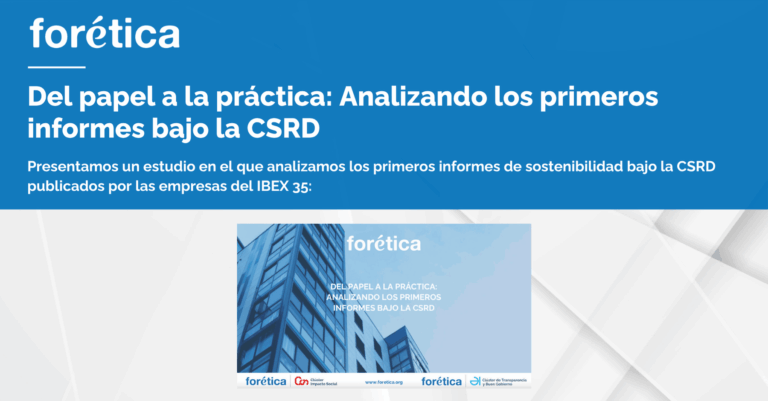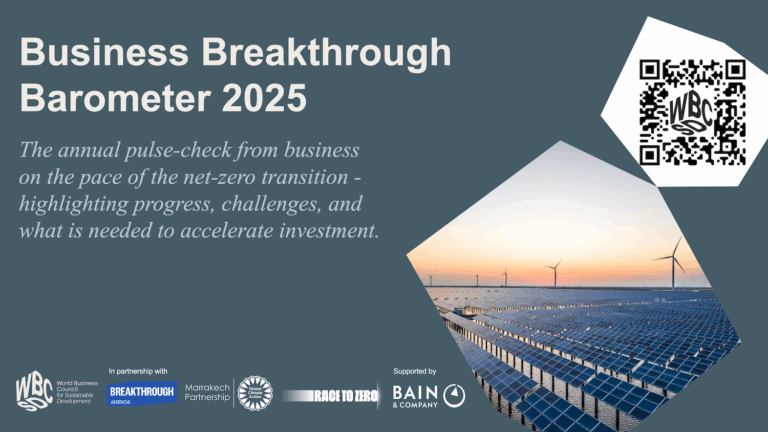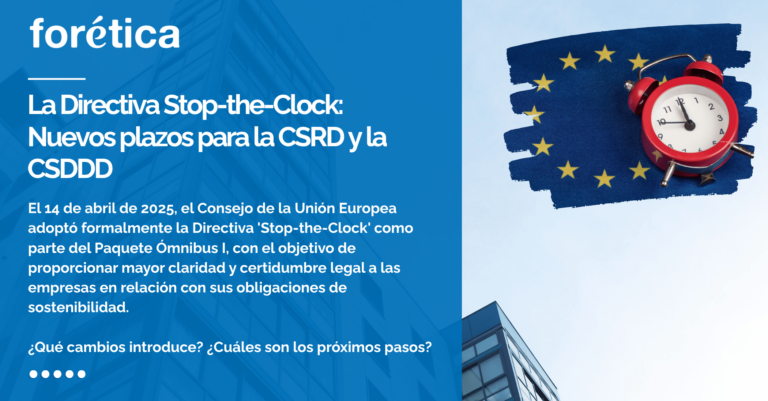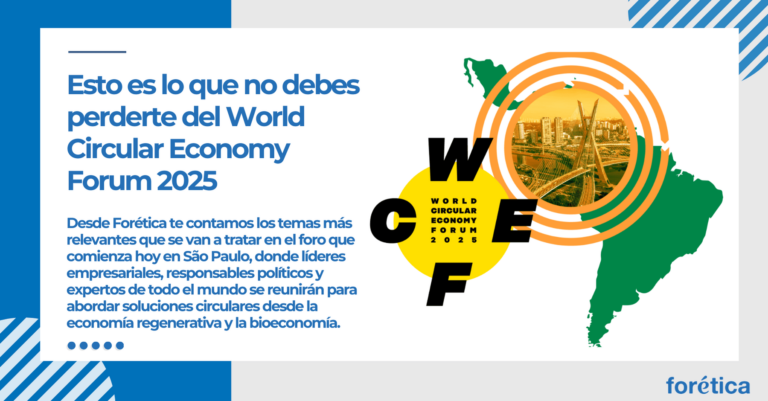Esta semana se cumplen 10 años de la aprobación de los Principios Rectores de Naciones Unidas sobre las empresas y los derechos humanos. Desde la perspectiva de la sostenibilidad, se trata de uno de los hitos históricos más relevantes en el ámbito de la responsabilidad empresarial en el respeto y protección de los derechos humanos.
Como manera de celebrar este aniversario, analizar lo conseguido hasta ahora y enfocar la acción para la próxima década el Grupo de Trabajo de Naciones Unidas sobre empresa y derechos humanos acaba de publicar el informe Guiding Principles On Business And Human Rights At 10: Taking stock of the first decade
Los Principios se sumaron a otro conjunto de iniciativas desde distintos ámbitos como las Líneas Directrices de la OCDE para empresas multinacionales o los convenios de la OIT sobre derechos fundamentales que van en la misma línea, reforzar la responsabilidad y la acción de las empresas en la salvaguarda y promoción de los derechos humanos.
En esta década también hemos vivido como desde la parte institucional y pública también se ha intentado generar un movimiento de acción más rápido. Muy especialmente gracias a la Unión Europea, que en su Estrategia 2011 -2014 sobre responsabilidad social de las empresas (Bruselas, 25.10.2011, COM(2011) 681) promovió que los países europeos elaboraran sus propios planes nacionales de empresa y derechos humanos, como mecanismo de refuerzo a la implementación de estos principios rectores. (en el caso de España bajo el título Plan de Acción Nacional de empresas y derechos humanos aprobado en 2017)
Transcurridos 10 años de los Principios Rectores, paradójicamente, nos encontramos con que el nivel de avance que esperábamos no se ha logrado.
Es necesario y urgente ser conscientes de que es preciso elevar el nivel de responsabilidad de las empresas en este ámbito. Esto se puede hacer con reforzando el conocimiento sobre la materia (qué son, qué implica, retos, oportunidades…), mejores herramientas para operativizar los compromisos, más recursos para desarrollar las iniciativas y más diálogo y colaboración para trasversalizar por ejemplo las buenas prácticas.
Desde Forética trabajamos muy decididamente en estos ámbitos. Contamos con alianzas internacionales de gran valor para comprender los nuevos avances y tendencias en estos ámbitos, especialmente con CSR Europe y con WBCSD, que cuenta con herramientas tan útiles como el Business and Human Rights Gateway un espacio de conocimiento con gran valor para las empresas que quieran estar al día de los principales elementos de este ámbito.
Fruto de estas alianzas, en 2019 publicamos Guía para CEOs sobre Derechos Humanos que intenta trasladar la importancia de esta temática a los ámbitos de decisión de las empresas, desde la seguridad de que es un paso imprescindible para seguir avanzando en estos compromisos.
También estamos orgullosos de nuestra alianza con World Benchmarking Alliance, WBA, una de las entidades de referencia globales en sostenibilidad que, entre otras palancas de valor, realiza y desarrolla el Corporate Human Rights Benchmark. Un estudio que analiza anualmente el nivel de preparación y actuación de las 200 empresas más relevantes en términos de impacto en derechos humanos.
Además el Clúster de Impacto Social que en 2021 cuenta con 55 grandes empresas socias de Forética y está liderado por Cajamar, Ibercaja, ILUNION y Naturgy, tiene como foco precisamente promover un espacio de diálogo y conocimiento sobre cómo las empresas pueden avanzar en la implementación de los derechos humanos en su cadena de valor y operaciones.
En este ámbito hemos preparado un “kit de supervivencia para empresas en derechos humanos y hemos desarrollado recientemente unos talleres sobre cómo desarrollar soluciones prácticas para la integración de riesgos en derechos humanos en la estrategia empresarial.
Por supuesto seguimos muy atentos a las novedades, que en este año de aniversario, se van produciendo. Entre las más destacables el que se vayan aprobando normativas nacionales muy interesantes, como la ley de debida diligencia alemana, (mientras esperamos la normativa europea, prevista ahora mismo para otoño), o la reciente sentencia de un tribunal de Paises Bajos que obliga a la petrolera Shell a reducir sus emisiones en línea con el Acuerdo de París basándose en que de otra manera se pueden limitar o vulnerar los derechos fundamentales de distintos colectivos.
Con todo ello el próximo 20 de octubre celebraremos un evento donde desde Forética analizaremos y repasaremos este año que puede suponer un nuevo punto de inflexión en el protagonismo decidido de las empresas en el respeto y protección de los derechos humanos. Recogeremos algunas de las principales conclusiones de los entregables del clúster y resumiremos todo un año de trabajo en un documento que presentaremos de manera pública. ¿Te apuntas?

